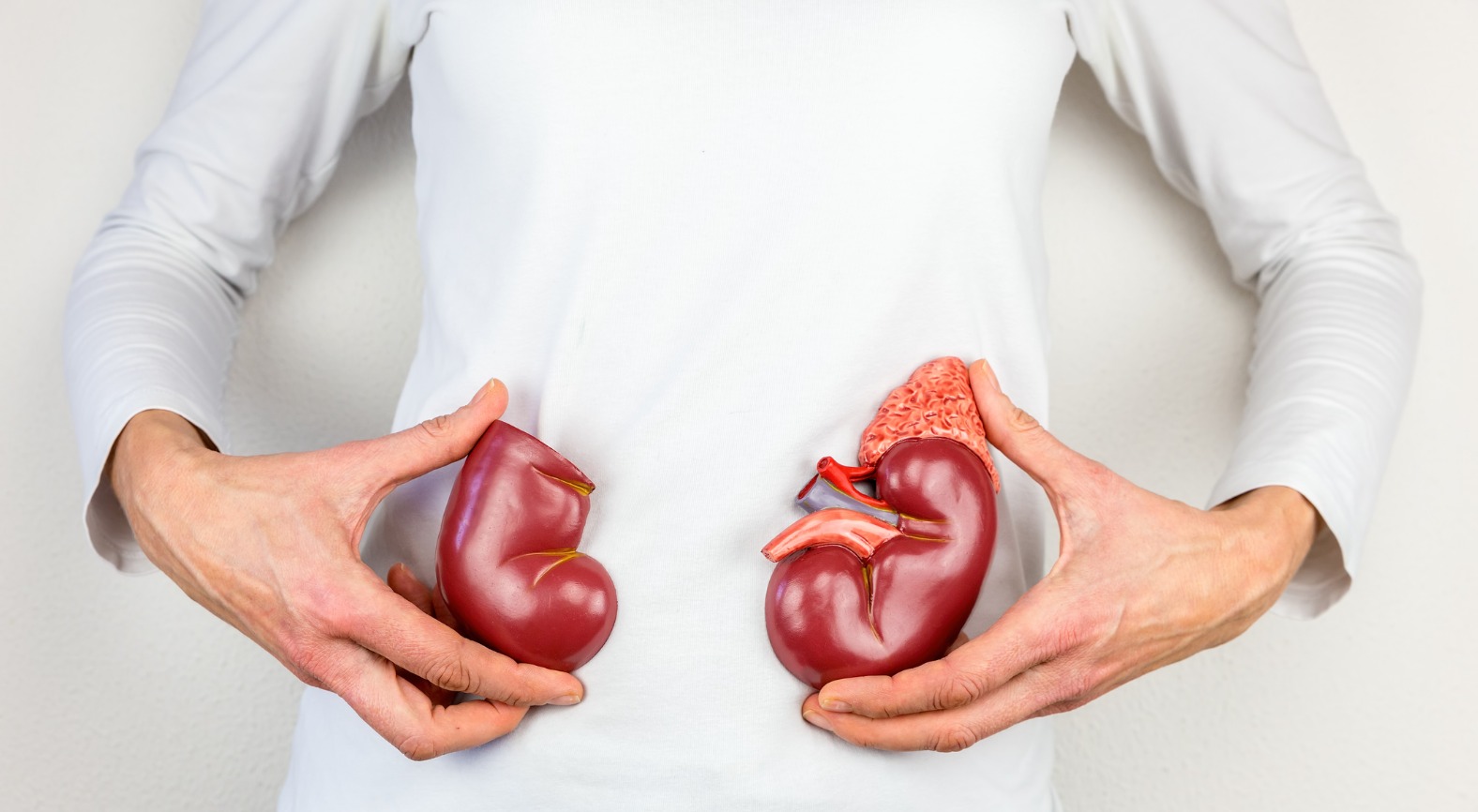Potassium is an essential mineral that helps your muscles contract, keeps your heart beating steadily, and supports healthy nerve function. However, as with many things in the body, balance is everything. Too much potassium in your blood, a condition called hyperkalemia, can be dangerous, especially for people living with kidney disease.
At The Kidney & Hypertension Center, we’re here to help you understand what hyperkalemia is, why it matters, and how to manage potassium safely if you have chronic kidney disease (CKD) or other kidney-related conditions.
What Is Hyperkalemia?
Hyperkalemia refers to higher-than-normal levels of potassium in the blood. In most healthy individuals, the kidneys regulate potassium efficiently by filtering out the excess and removing it through urine. However, when kidney function is impaired, as is the case in CKD, that filtering process doesn’t work as well, and potassium can start to build up in the body.
Normal potassium levels typically range between 3.5 and 5.0 mEq/L. Levels above 5.0 may be considered elevated, and anything above 6.0 mEq/L is considered a medical emergency.
Why Is Hyperkalemia Dangerous?
Potassium plays a major role in how your muscles and nerves function, especially the muscles of the heart. When potassium levels rise too high, it can disrupt the electrical signals that regulate your heartbeat. In some cases, this can lead to:
- Muscle weakness or paralysis
- Abnormal heart rhythms (arrhythmias)
- Heart palpitations
- Chest pain
- Sudden cardiac arrest
Because these symptoms can appear suddenly or progress quickly, it’s important to treat hyperkalemia seriously and seek medical attention if you experience warning signs.
What Causes Hyperkalemia in Kidney Disease?
People with chronic kidney disease are at the highest risk for developing hyperkalemia. As kidney function declines, the body becomes less effective at filtering potassium out of the bloodstream.
Other contributing factors include:
- Certain medications: ACE inhibitors, ARBs, potassium-sparing diuretics, and some supplements can increase potassium levels.
- High potassium intake: Consuming large amounts of potassium-rich foods or salt substitutes.
- Dehydration: Less fluid in the body means less potassium gets flushed out.
- Uncontrolled diabetes: High blood sugar can interfere with how the body processes potassium.
- Adrenal insufficiency: Hormonal imbalances can affect potassium regulation.
Common Symptoms of Hyperkalemia
Hyperkalemia can be tricky because mild or moderate cases often cause no symptoms at all. In fact, many people only learn they have high potassium from a routine blood test.
When symptoms do appear, they may include:
- Muscle cramps or twitching
- Weakness or fatigue
- Numbness or tingling
- Irregular heartbeat
- Shortness of breath
- Nausea or chest discomfort
Any of these signs, especially when combined, should be evaluated by a medical professional immediately.
How Is Hyperkalemia Diagnosed?
The only way to know for sure if you have hyperkalemia is through a blood test that measures your serum potassium level. A doctor may also perform or recommend:
- Electrocardiogram (EKG) to check for changes in heart rhythm
- Kidney function tests to assess your glomerular filtration rate (GFR)
- Medication review to identify potential causes of elevated potassium
- Urine tests to evaluate how well your kidneys are excreting potassium
Managing Hyperkalemia with Kidney Disease
If you have CKD, keeping potassium levels in check is an important part of managing your condition. Here are some of the ways we help our patients stay safe:
1. Adjusting Your Diet
Your provider may recommend limiting or avoiding high-potassium foods, including:
- Bananas
- Oranges and orange juice
- Tomatoes and tomato products
- Potatoes
- Avocados
Instead, we may suggest kidney-friendly options that are lower in potassium but still provide the nutrients you need. You can view our low-potassium and high-potassium food guide here.
Always consult with your provider or a renal dietitian before making major dietary changes, especially if you have advanced CKD or are on dialysis.
2. Reviewing Your Medications
We carefully evaluate any medications or supplements that might raise potassium levels. Sometimes alternatives can be used, or dosages adjusted, to help prevent hyperkalemia without sacrificing the benefits of your treatment.
3. Using Potassium Binders
In more serious cases, potassium binders (prescription medications that help remove excess potassium through the digestive system) may be used to manage chronic hyperkalemia. These are especially helpful for people who need to stay on medications that increase potassium but can’t tolerate dietary restrictions alone.
4. Routine Monitoring
Ongoing bloodwork and follow-ups are essential for anyone with kidney disease, particularly if you’re at risk for hyperkalemia. Regular labs help us catch changes early and adjust your treatment before complications arise.
Prevention Tips for Hyperkalemia
If you’ve had hyperkalemia in the past or are at high risk, these everyday strategies may help:
- Stay well-hydrated unless your provider has given fluid restrictions
- Read food labels, and watch for potassium content in processed foods
- Avoid salt substitutes unless cleared by your provider
- Keep track of symptoms and report anything unusual
- Stick to your care plan, including medications, diet, and follow-up visits
Get the Expert Support You Need to Manage Kidney Health
At The Kidney & Hypertension Center, we know how challenging it can be to juggle dietary changes, medications, and the stress of managing a chronic condition like CKD. Our team is here to guide you with expert support, personalized care, and a compassionate approach every step of the way.
If you’re living with kidney disease, click here to request an appointment with our team today.




